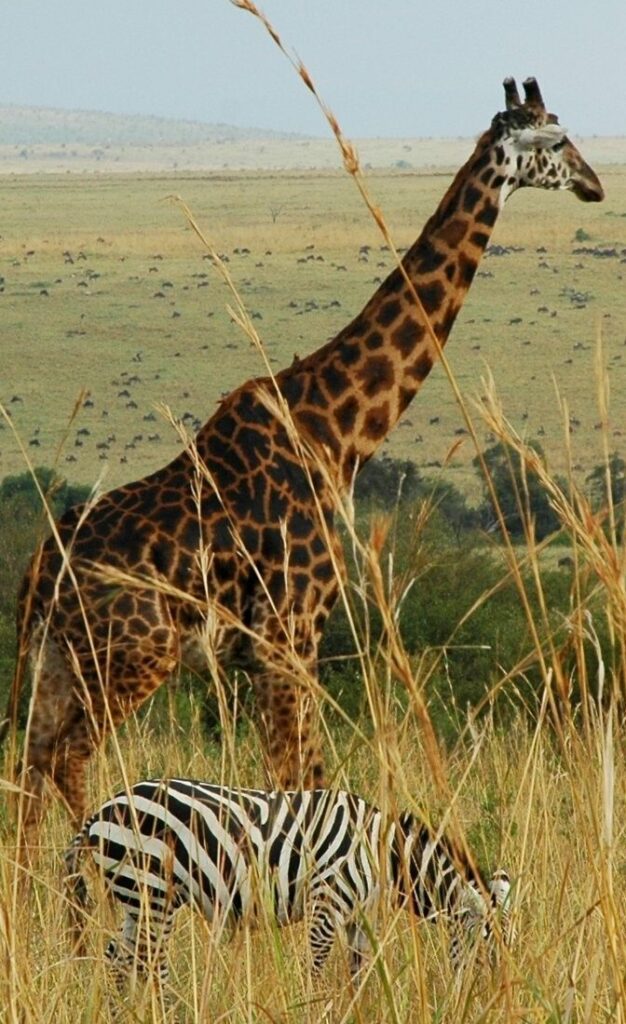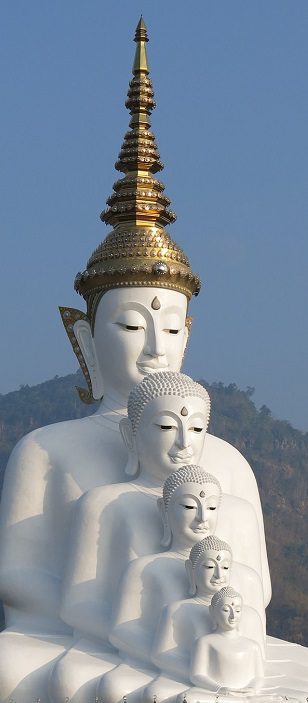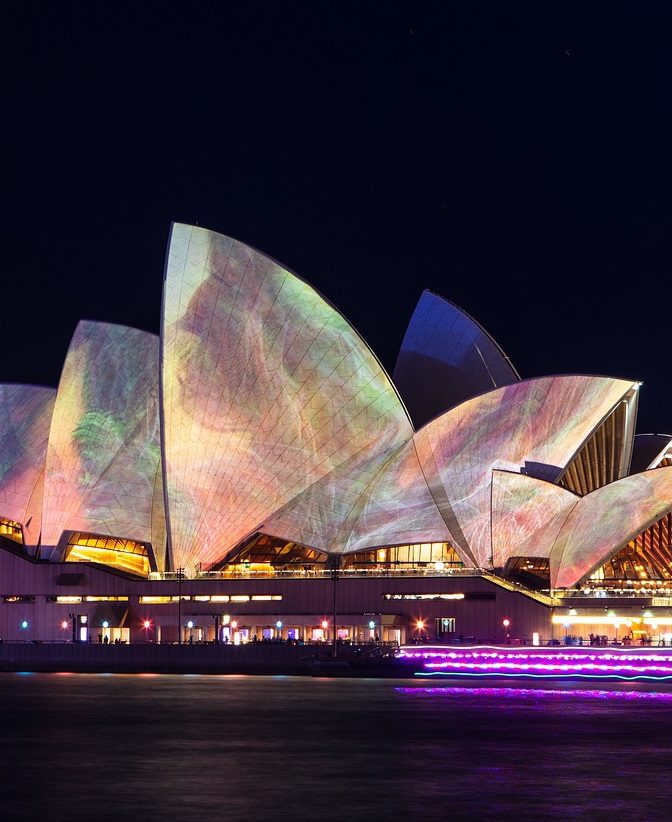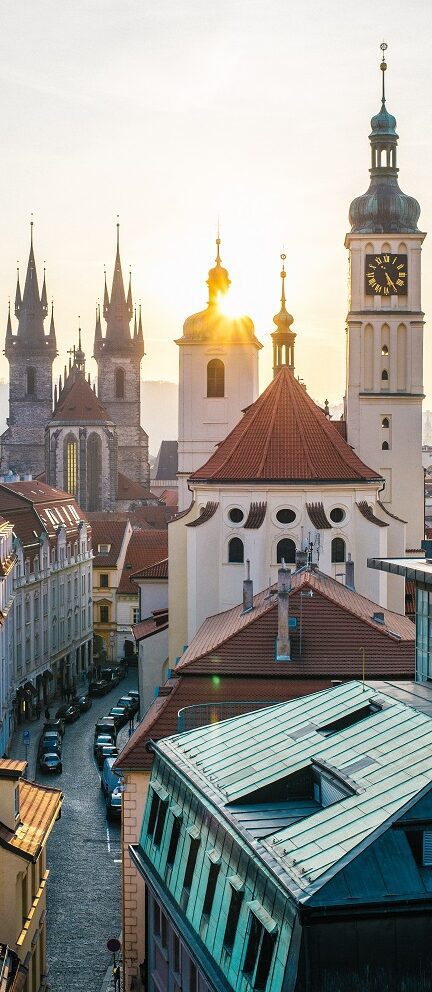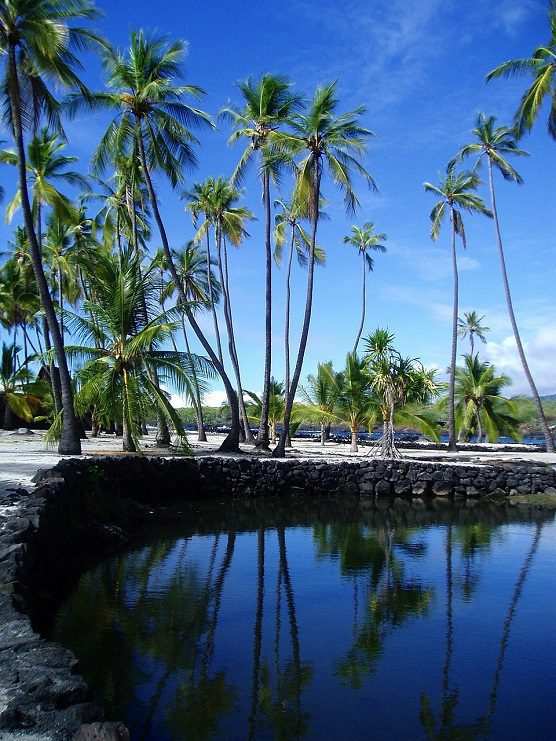It will be incredible.’ For the last couple of years, the focus has been on getting the hotel up and running. The French general manager, Edouard Grosmangin, has built an impressive launch team, all beaming with the kind of infectious enthusiasm born out of shared experiences and adventures. They have come to the island from around the globe – Kenyan landscapers, and builders from Mumbai, Balinese spa therapists and British chefs – and every day new recruits arrive. There will eventually be 180 members of staff running the island and its restaurants and taking care of guests in the 30 villas, immense and beautiful spaces with private pools, hardwood floors, vaulted ceilings and deep bathtubs set in front of picture windows. Due to open in January, the spa promises to be the most dramatic in the Seychelles.
Set on a rocky promontory with superb sunrise and sunset views from the yoga and meditation pavilion, it will have five double treatment rooms balanced on those massive boulders high above the crashing sea. Chef Richard Lee, originally from Birmingham, is a brilliant leader as well as a talented cook. Over three days I watch his Island Cafe restaurant transform from a dust-blanketed building site into a relaxed, free-form dining space serving mango and avocado salads and creole-spiced crab curry. The open-air Ocean Kitchen will serve dishes that tie in with the various wellness programmes for which Six Senses is so well-known. With La Digue a 15-minute boat ride away, and Praslin just half an hour, it’s incredibly easy, and even encouraged, to connect with Seychellois life from the hotel.

La Digue still maintains the salty aura of a long-lost Caribbean outpost, with Rasta stallholders, beach-shack restaurants and old colonial houses with wide verandahs. A Six Senses speedboat will also get you over to magnificent Anse Lazio beach on Praslin for a prawn-curry lunch at Bonbon Plume restaurant and a drink at the ramshackle, help-yourself honesty bar. A full 55KM from mahe, Fregate Island is a world unto itself with a hydroponic farm and orchards that produce 80 per cent of the hotel’s fruit and vegetables, and even supply markets on Mahe. It is also a conservation success story of global repute. But it looks – and at first feels – nothing like the Fregate I remember.
Back then, just a couple of years after Otto Happel opened his private island to paying guests, the roads were surfaced with rushed coconuts and primordial forest virtually encased the guest villas, which were slathered in dark-treacle varnish. Since then, the vegetation around the 17 villas has been cleared and replaced with landscaped gardens scented with frangipani and coloured with bougainvillaea. After a recent refurbishment, the villas are altogether more cheerful affairs and have the best private pools in the Seychelles. Yet the old primeval heart of the island beats on. Fregate was home to the last dozen magpie-robins left in the world until Birdlife International started a recovery programme in 1990. There are now 137 of the feisty black-and-white birds on Fregate, and they have even been translocated to other islands in the Seychelles, bringing their number up to about 450.
